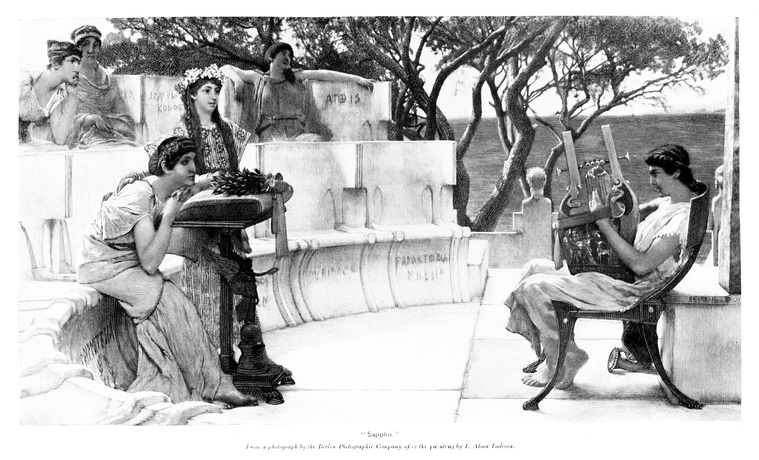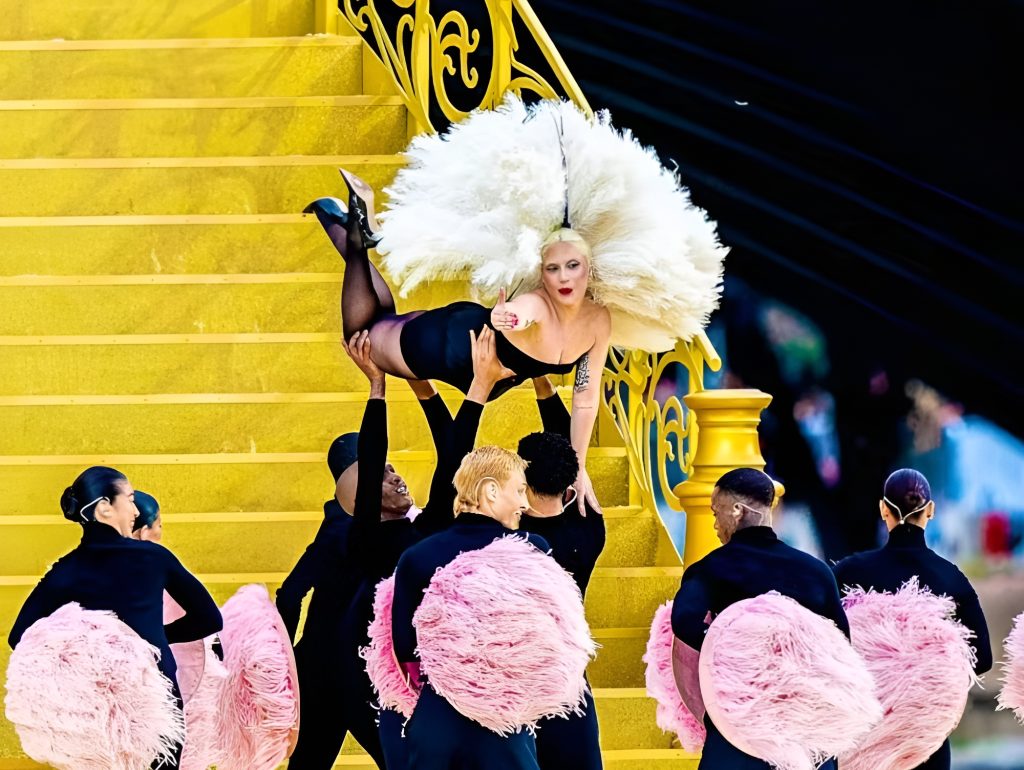
The Olympic Games have long been a celebration of athletic excellence. Aside from this, they are also a grand showcase of cultural expression. Music plays a pivotal role in the ceremonies and overall experience. From stirring anthems that mark the opening and closing ceremonies to the carefully curated soundtracks that accompany athletes’ journeys.
This article traces the history of music in the Olympics. How has it transformed over the years and what is its significance in creating memorable moments?
The Early Years: Classical Roots
In the early days of the modern Olympics, music was primarily classical, reflecting the cultural values of the time. The inaugural modern Olympic Games in Athens in 1896 featured performances of classical compositions. It set a tone of grandeur and tradition. As the Games evolved, the music selected for the ceremonies often included pieces from renowned composers.
One of the most iconic pieces associated with the Olympics is the “Olympic Fanfare and Theme”. It was composed by John Williams for the 1984 Los Angeles Games. Its triumphant brass and sweeping strings, encapsulated the spirit of competition and celebration, becoming a staple in Olympic history.
The Rise of Popular Music
As the Olympics progressed into the late 20th century, the music landscape began to shift dramatically. The integration of popular music into the ceremonies marked a significant change, reflecting broader cultural trends. The 1996 Atlanta Olympics were notable for featuring Celine Dion performing “The Power of the Dream”. It was such a powerful anthem that it became synonymous with the Games. This marked the beginning of a trend where well-known artists would take center stage, connecting the Olympics to contemporary culture.
The 2000 Sydney Olympics further embraced this shift, with performances by artists like Kylie Minogue and Savage Garden. The inclusion of popular music didn’t just appeal to younger audiences. It also created a more inclusive atmosphere, allowing for a celebration of diverse musical styles.
Cultural Representation and Globalization
With the advent of globalization, the Olympics began to reflect a broader array of cultural influences in their musical selections. The 2008 Beijing Olympics showcased a spectacular fusion of traditional Chinese music and modern performances, including a breathtaking display featuring thousands of drummers playing ancient percussion instruments. This emphasis on cultural representation highlighted the host nation’s heritage while also appealing to a global audience.
Similarly, the 2012 London Olympics featured a mix of British musical icons, including Paul McCartney and Emeli Sandé, celebrating the rich musical history of the UK. The closing ceremony, which included a parade of iconic British artists, demonstrated how the Olympics could serve as a platform for cultural celebration and national pride.
The Modern Era: Diverse Genres and Collaborations
As we approach the 2024 Paris Olympics, the evolution of Olympic music continues to embrace a wide range of genres and collaborations. The organizing committee is expected to feature a blend of traditional French music alongside contemporary pop and electronic sounds, reflecting the cultural vibrancy of the host nation. Artists like Christine and the Queens and Stromae are anticipated to bring their unique styles to the stage, showcasing the diversity of modern music.


Additionally, technology in music production has opened new avenues for creativity in Olympic ceremonies. The integration of immersive audio-visual experiences, such as IMAX screenings of the opening ceremony, promises to enhance the emotional impact of the performances, making the music an integral part of the overall spectacle.
The Significance of Music in the Olympic Experience
The evolution of music in the Olympics is not just about changing styles; it reflects broader cultural shifts and societal values of each era. Music has the power to evoke emotions, create a sense of unity, and enhance the overall experience of the Games. As athletes from diverse backgrounds come together to compete, the accompanying soundtrack serves as a reminder of the shared human experience that transcends borders.
Moreover, music selection for the Olympics is a carefully curated process that considers cultural significance, historical context, and contemporary relevance. The goal is to create an inclusive atmosphere that resonates with both local audiences and viewers around the world.
Conclusion
From classical roots to pop, the evolution of Olympic music mirrors the changing cultural landscape of our society. As the 2024 Paris Olympics approach, we can expect a rich tapestry of musical styles that celebrate the diversity of participating nations while honoring the traditions of the Games. The power of music to connect, inspire, and elevate the Olympic experience is undeniable, and it will continue to play a vital role in shaping the narrative.
At Music Industry Weekly, we recognize the impact of music on the Olympic experience. As the Games draw near, we look forward to the unforgettable performances that will grace the stage, reminding us of the power of music to inspire and unite. The Olympics are not just about athletic achievement; they are a vibrant celebration of culture, artistry, and the enduring spirit of humanity.